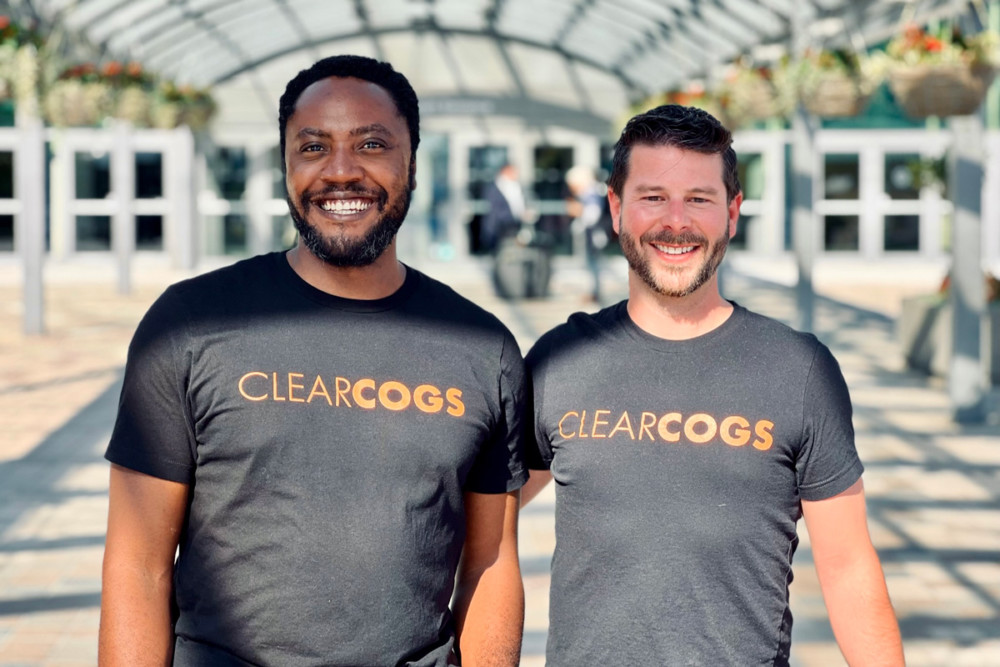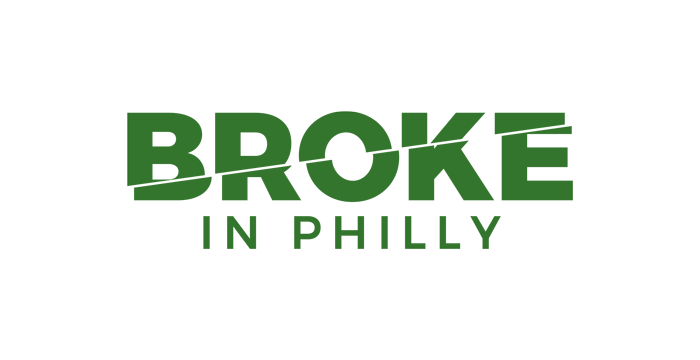
How ClearCogs Addresses Food Waste in Restaurants Using AI Learning
Philly resident Matt Wampler and his partner launched the startup to help restaurants learn how to eliminate waste, saving them money and helping them become more efficient in the process.
Sustainability and coding wasn’t the original goal. When Matt Wampler first left college, he was offered an opportunity to try to turn around a failing Jimmy Johns, a famed sandwich shop, in Maryland. Through “luck and hard work,” Wampler, whose love for being on his feet and interacting with people led him to the restaurant industry, resuscitated the location before opening three more.
But a lot of that time was spent sitting and staring at spreadsheets, missing dinner with his family as Wampler tried to address the waste that all restaurants deal with. The restaurant industry loses an astonishing $162 billion each year in food waste, with about 22 to 33 billion pounds of food waste each year in the United States alone, according to FSR. Wampler wanted to help restaurants figure out how to address this waste to both help save them money and make them more efficient.
“I don’t come from the sustainability world, I really came from the restaurant world. And ultimately, it’s an efficiency problem that hurts the planet and restaurants,” said Wampler. “And so we’ve kind of hyper-focused on this one little solution where we can have that dual impact, where we can help the profitability of restaurants and also really make a meaningful reduction in food waste.”
So when the pandemic arrived, hitting restaurants especially hard, Wampler used the time to teach himself how to code. He realized that many of the issues he saw in those former spreadsheets could have been addressed using AI. As the pandemic raged on, an estimated 90,000 restaurants shuttered their doors either temporarily or permanently, according to the National Restaurant Association (NRA).
That’s when Wampler, who now resides in Philadelphia, and his partner, Osa Osarenkhoe, created ClearCogs, a company that uses technology to try to solve the waste issue facing most restaurants.
Restaurants turn over their data — such as daily transaction data, recipes, and menus, short and long-term trends, patterns, etc — and the ClearCogs program looks through what can be reduced so that the company can make a “data-driven decision” about its needs.
“Restaurants have really been dealt a bad hand when it’s come to technology for a long time. And that’s changed,” said Wampler. “I equate (the current) forecasting in the restaurant industry a lot like forecasting weather back in the 70s, where you read, you know, the newspaper and said, ‘oh, it’s, it’s gonna be sunny out,’ but you’d walk outside, and it’s raining, right? Machine learning AI has fundamentally flipped this, like, script on that … we’re able to do some really powerful things.”
ClearCogs, whose investors include Math Venture Partners & Lofty Ventures, is focused on giving tangible solutions to restaurants to be more profitable and reduce waste. The company does this by providing answers to questions that most restaurants have every day, such as “How many bagels do I need to bake this morning?” or “What do I need to bake two hours before closing so I don’t have excess ingredients?”
Wampler and Osarenkhoe partnered with 18 graduate students from Duke University, all of who were doing their masters in quantitative management. Together, they looked at data from various restaurants and concluded that food waste is a result of over-prep at the very end of the supply chain. Last April, they put this finding to the test at multiple Jimmy John’s locations and “cut the bread waste in half.”
ClearCogs was officially launched earlier this year and is now in about 100 locations across the U.S.
“Food waste causes more carbon emissions in the entire airline industry,” Wampler said. “So there’s a huge problem as far as environmental factors are concerned. But then when you go into the economics of it, restaurants are in a really tough place right now. They’ve got rising food costs, and they’ve got short labor, right? And so they’re looking for any solutions or tools that they can have, that can have them operate more efficiently. And so that means you know, less dollars are on your shelves as far as inventory and more dollars are in your bank account.”
Every restaurant is different, but Wampler says his goal with ClearCogs is about “operational efficiency and ultimately any new solutions all about implementation and change management and how we can do that as seamlessly as possible.” He says that restaurants can be more efficient with their staff once you cut waste.
Right now Wampler and ClearCogs don’t currently have partnerships in Philadelphia, but he would love that to change. ClearCogs launched a new platform the week Wampler spoke to Green Philly, which will allow ClearCogs to help out more mom-and-pop stores. He hopes ClearCogs can keep providing the answers restaurants need.
“You’re like rowing a boat with a bunch of holes in it. And restaurants are literally spending all their time just bailing water out of this boat, right? They don’t have time to repair the holes,” he said. “We view ourselves as that resource that they have to be able to like, look up real quick and say like, ‘Hey, I need a plug this hole,’ and for us to provide that plug for them right so they can stop bailing out water and you know, be able to focus more on their team, their staff and their customer.”










